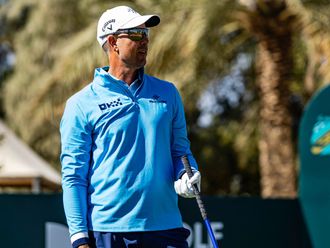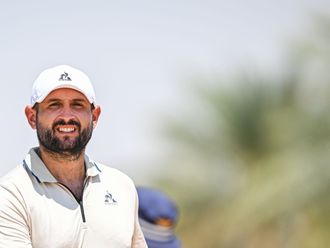Incheon: A swimmer from Japan has been expelled from his team for stealing a camera from a South Korean journalist during the Incheon Asian Games. Local police have been investigating the case and officials from the Japanese delegation have been apologetic about the incident.
Tsuyoshi Aoki, head of the Japanese delegation announced in a press conference that swimmer Naoya Tomita has been kicked out of the team with “immediate effect”. Aoki disclosed that Tomita – the gold medallist in the men’s 200-metre breaststroke at the 2010 Guangzhou Asian Games – had admitted to stealing a camera at the Munhak Park Tae-hwan Aquatics Centre earlier this week. He ended without any medal in Incheon this time.
CCTV showed the athlete putting the camera in his bag. The case is still being investigated and the athlete has not yet been booked officially. The Japanese top official further said that “the athlete will have to find his way back to Japan on his own”.
“Further consequences of the act will be decided after he reaches Japan,” Aoki said.
Show me your card
Meanwhile, the organising committee of the Incheon Asian Games has sent out a stern warning against wrongful use of accreditation cards. Park Dal-hwa, Director, Press Relations Bureau at the organising committee, said that 12 people have so far been charged with crimes related to misuse of accreditation cards.
The accreditation cards handed out to officials and media at the Asian Games also acts as a one-month visa along with the added luxury of being a valid work visa in South Korea. Hence, lending or borrowing a card is a criminal offence as per law.
Organisers have been swift to act over the past couple of days with banners being put up all over at the Incheon Games venues warning against the misuse of accreditation. Misuse of accreditation cards can result in a sentence of upto one year in jail or a fine of 3 million Korean won (Dh10,550), or both.
Doping runs behind cheats
The Olympic Council of Asia (OCA) has conducted more than 1,000 drug tests in an attempt to “protect the clean athletes”.
Dr. M. Jegathesan, Chairman, OCA Medical Committee, stressed the OCA is committed to protecting the sport and the honest athletes by using 66 drug-compliance officers and 15 OCA officers representing the five regions of Asia. Jegathesan revealed that there are three kinds of cheats in sport: the innocent and the ignorant, the victims of coaching programmes and hardcore dopers who study illegal drug use.
“Many fall in the first category, but we are not interested in all that. What we are interested is in the results as we need to protect the clean athletes,” Jegathesan said during a visit to the Main Press Centre.










